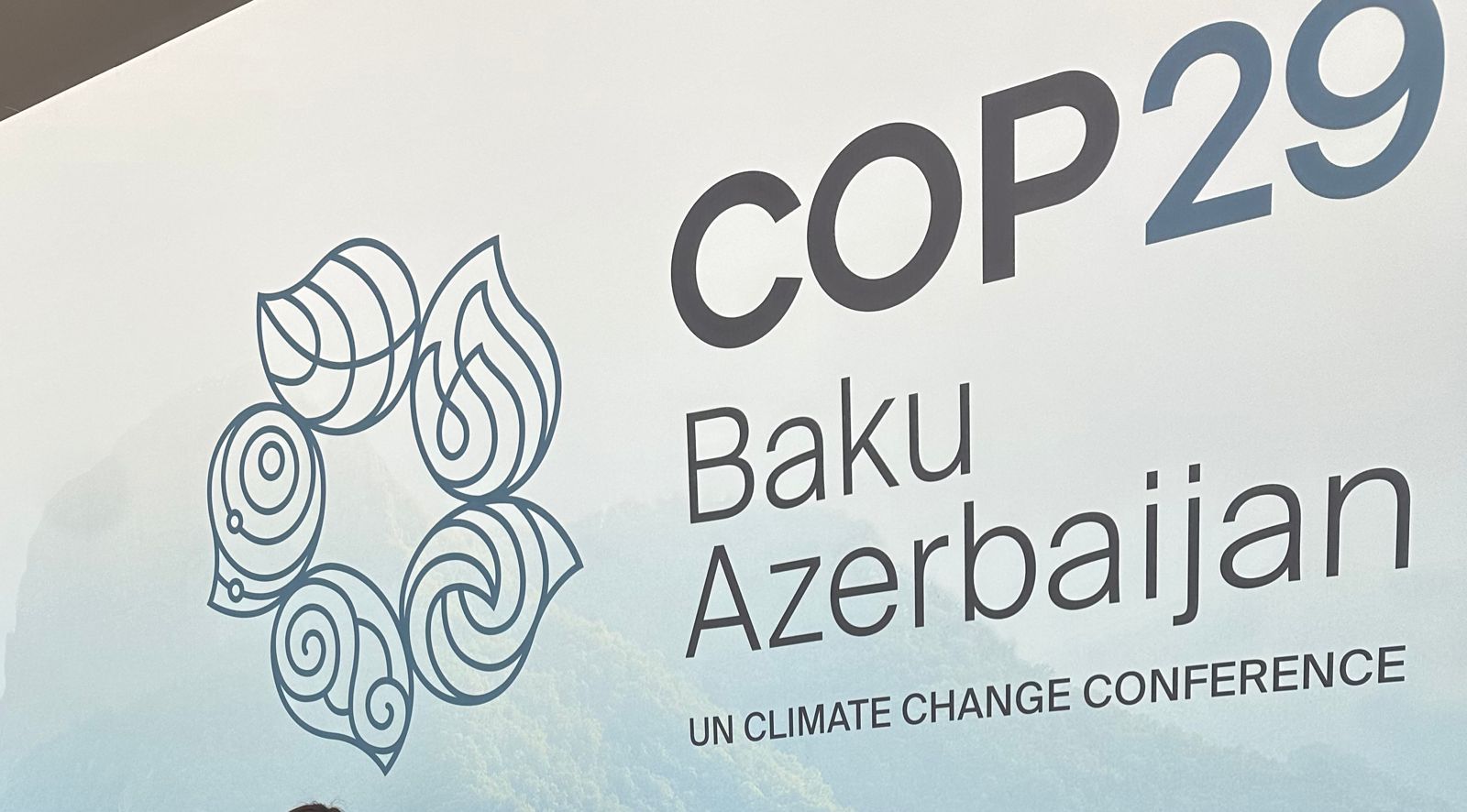Exploring Climate Finance: Key Insights Ahead of COP29

At COP28, which took place in the UAE in 2023, climate finance was a central theme in discussions as world leaders, financial institutions, and stakeholders grappled with the need to increase funding to meet global climate goals.
Climate finance refers to the funding necessary to support global efforts to combat and adapt to climate change. It includes the financial resources required to mitigate greenhouse gas emissions, adapt to the impacts of climate change, and build resilience in vulnerable communities, especially in developing countries.
There are two key forms of climate finance; Mitigation Finance includes funds used to reduce or limit the amount of greenhouse gases emitted into the atmosphere. This includes investment in renewable energy (like wind and solar), energy efficiency, sustainable transportation, and projects that reduce deforestation or enhance carbon capture. Adaptation Finance on the other hand refers to funds directed toward helping countries and communities prepare for and cope with the adverse impacts of climate change. This includes investments in resilient infrastructure, water management, agriculture, and disaster preparedness.
The topic of climate finance gained significant traction at COP15 in Copenhagen in 2009, where developed countries committed to mobilizing $100 billion annually by 2020 to support climate action in developing nations. This pledge was one of the most notable outcomes of COP15 and laid the foundation for subsequent climate finance negotiations. At COP21 in 2015, the landmark Paris Agreement was signed, which further solidified climate finance as a critical component of global climate action. By the time of COP26 in Glasgow (2021), the world had missed the 2020 deadline for the $100 billion target, which was a major point of frustration for many developing countries. This led to intense discussions around how to scale up climate finance and ensure its delivery.
Developing countries, particularly in the Global South, have expressed growing frustration over the slow pace of climate finance delivery. Many of these nations argue that they are bearing the brunt of climate change impacts while contributing the least to global emissions.
At COP28, developed countries renewed their commitment to the long-delayed $100 billion annual climate finance pledge, though frustration persists over its incomplete delivery. The conference also saw significant progress on establishing a Loss and Damage Fund to help vulnerable nations cope with climate disasters, with operational details to be finalized by COP29. Private sector involvement was emphasized, with calls for innovative financial mechanisms like green bonds and blended finance to scale up investments, especially in renewable energy. Additionally, COP28 highlighted the need to increase adaptation financing and balance it with mitigation, while addressing transparency and accountability in climate finance tracking.
COP28 made meaningful progress in addressing some of the long-standing issues in climate finance, particularly with the establishment of the Loss and Damage Fund and the renewed focus on adaptation finance. However, challenges remain, particularly around fully mobilizing the $100 billion pledge, scaling up private sector investments, and ensuring transparency.
At COP29, the global community will be looking to finalize the operational details of the Loss and Damage Fund, secure greater commitments from both public and private sectors, and continue pushing for an increase in overall climate finance flows to meet the rapidly growing needs of vulnerable countries. The success of climate finance will be crucial in determining whether the world can meet the ambitious goals set out in the Paris Agreement and mitigate the worst impacts of climate change. Strengthening transparency and accountability in the flow and use of climate finance is also essential to ensuring that these resources effectively support both mitigation and adaptation efforts. The discussions at COP29 will shape the future of climate finance, influencing the global community’s ability to meet its climate goals and foster a more sustainable and equitable future.
